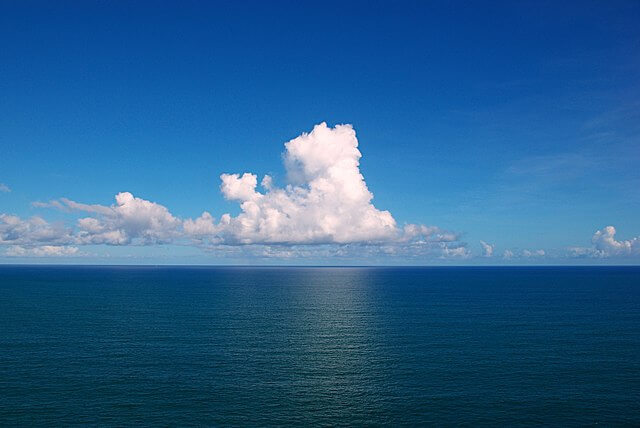
The European Space Agency (Esa) has reported that some of the most intense marine heat increases globally are occurring in the seas around the UK and Ireland.
Water temperatures in these regions are measuring 3 to 4 degrees Celsius above the average for this time of year, with the sea being notably warm off the UK’s east coast from Durham to Aberdeen and off north-west Ireland.
Esa’s analysis, in conjunction with the Met Office, indicates that human-caused climate change is partly responsible for the warming, but other factors, both natural and man-made, are also contributing to the rising temperatures.
The warming sea poses serious threats to marine life, and prolonged periods of high sea surface temperatures known as marine heatwaves can lead to significant fish and sea life fatalities. Furthermore, such heat events can influence extreme weather patterns, with storm systems gaining more energy and becoming more intense and persistent.
The UK’s warm seas are occurring against a backdrop of a global spike in air and ocean surface temperatures in recent months. Global sea surface temperatures for April and May this year set record highs, with May’s average ocean temperature being 0.85 degrees Celsius above normal for the month.
“All of these elements are part of natural variation within the climate system which are coming together to elevate sea-surface temperatures to higher levels”, he says.
While some experts believe that these records don’t necessarily signify a climate tipping-point, it’s essential to keep long-term global temperatures below the critical 1.5 degrees Celsius threshold to mitigate the worst impacts of climate change.
The current high temperatures are expected to be temporary, but with the Pacific Ocean predicted to warm further due to the development of an El Niño event, more temperature records are likely to be broken in the coming months.
The North Atlantic is experiencing the most dramatic increase in sea surface temperature at present, with May temperatures being 1.25 degrees Celsius above the long-term average, the highest deviation ever recorded for a single month.
Scientists attribute this warming to climate change, driven by increasing carbon dioxide emissions. However, other factors might be at play, such as reduced Saharan dust in the atmosphere due to weaker than average winds, as well as changes in wind patterns and pollution from shipping.
As the Met Office forecasts continued hot weather, it’s crucial to understand the complexities of these temperature anomalies and their implications for marine ecosystems, weather patterns, and global climate. The collective efforts to address climate change and curb carbon emissions are of paramount importance to protect the delicate balance of Earth’s interconnected systems and safeguard the future of our planet.
——————————————————————————
At Natural World Fund, we are passionate about stopping the decline in our wildlife.
The declines in our wildlife is shocking and frightening. Without much more support, many of the animals we know and love will continue in their declines towards extinction.
When you help to restore a patch of degraded land through rewilding to forests, meadows, or wetlands, you have a massive impact on the biodiversity at a local level. You give animals a home and food that they otherwise would not have had, and it has a positive snowball effect for the food chain.
We are convinced that this is much better for the UK than growing lots of fast-growing coniferous trees, solely to remove carbon, that don’t actually help our animals to thrive.
This is why we stand for restoring nature in the UK through responsible rewilding. For us, it is the right thing to do. Let’s do what’s right for nature!
Donate today at https://naturalworldfund.com/ and join in the solution!

